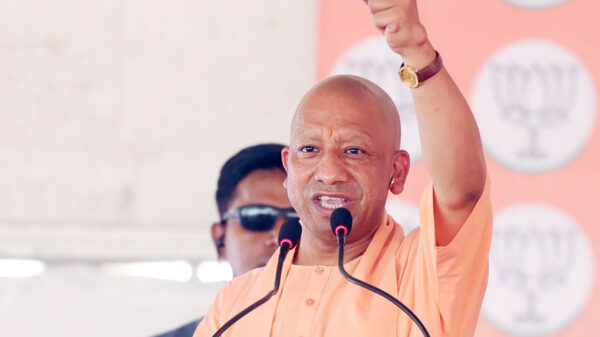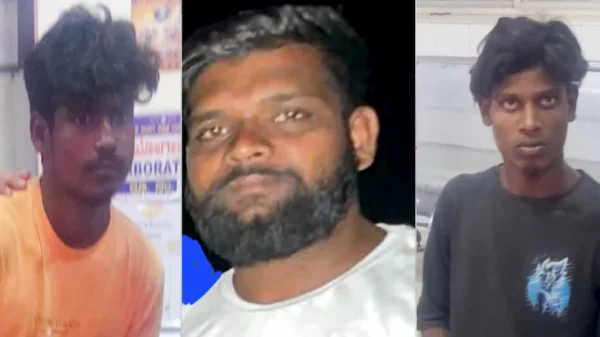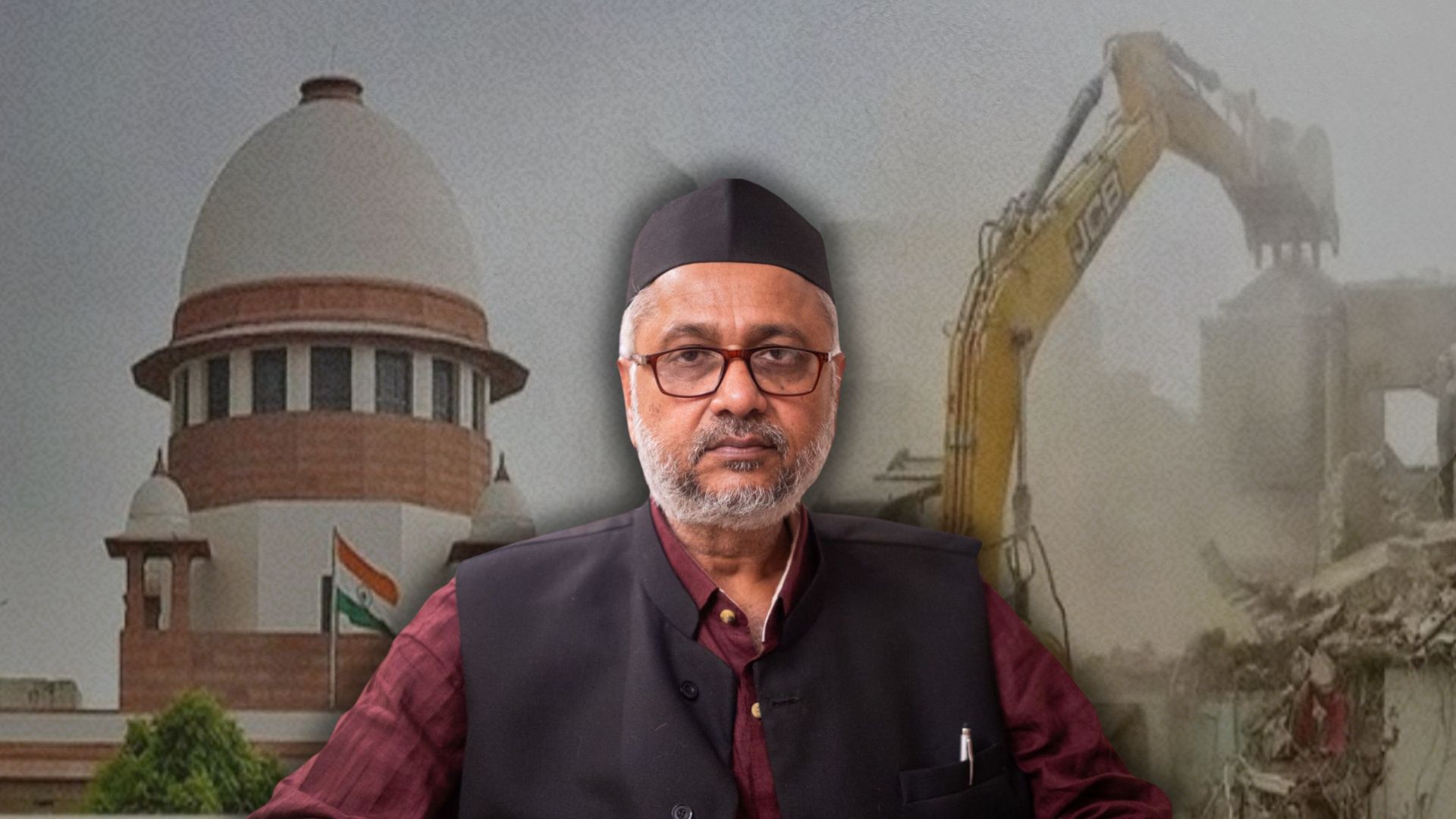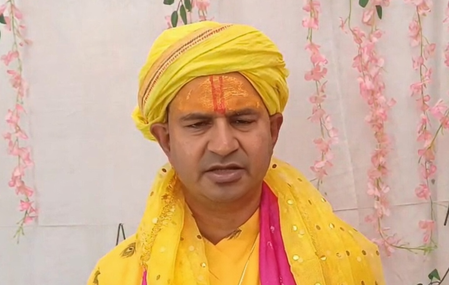Javed Mohammad, a prominent Muslim leader from Allahabad, Uttar Pradesh whose home was bulldozed under the Yogi administration in 2022, has hailed the Supreme Court judgment on bulldozer justice.
“Today we welcome the historical verdict of SC and we hope that the illegal demolitions will end in different states” he told Maktoob, hailing new declarations.
Remembering the catastrophic incident Javed Mohammad said that they did not receive any prior notice before the demolition drive. He said that the government “unlawfully detained” his daughter Aafreen Fatima and his wife while he was imprisoned.
The Muslim leader of the Welfare Party Of India called out authorities to investigate the illegal bulldozing of his home and to scrutinize the imposed charges against him. The new judgment states that any property demolitions cannot be ordered or implemented on the basis of criminal accusations. Javed Mohammad clarified that however the verdict unbolts better possibilities but the delay in justice has caused enough suffering and frustrations.
Expecting constructive outcomes amid gloomy situations Javed Mohammad said that he does not wish anyone to confront a tyranny like him.
Amid The Shattered Bricks
Javed’s house “JK Ashiyana” in the Kareli area of Allahabad was bulldozed on 22 June 2022 while he was accused of inciting violence during widespread protests against BJP spokesperson Nupur Sharma’s derogatory remarks about Prophet Mohammad. It took around 5 hours to devastate it, brick by brick, while several news channels kept cheering the hostility with popping punchlines.
Police arrested Javed Mohammad along with AIMIM leader Shah Alam, activist Zeeshan Rehmani and local leader Ashish Mittal without any warrants. Javed’s family was “deprived of any updates regarding his location and health”.
He spent approximately 20 months behind bars, facing eight cases, including charges under the National Security Act and the UP Gangsters Act. However, the court found no evidence to justify these charges against him.
Javed was released on bail on March 16 meanwhile his family was compelled to seek shelter at relatives’ places who were often afraid of becoming the next prey of the authorities.
Javed Mohammad pointed to the ‘betrayal’ of the police, accusing them of deliberately targeting him based on his Muslim identity. Such cases confirm that the ban on Bulldozer justice can help to evolve legal tools for fighting injustice against Indian minorities, however, its actual impact on civil liberties and human rights will unfold with time.
































































